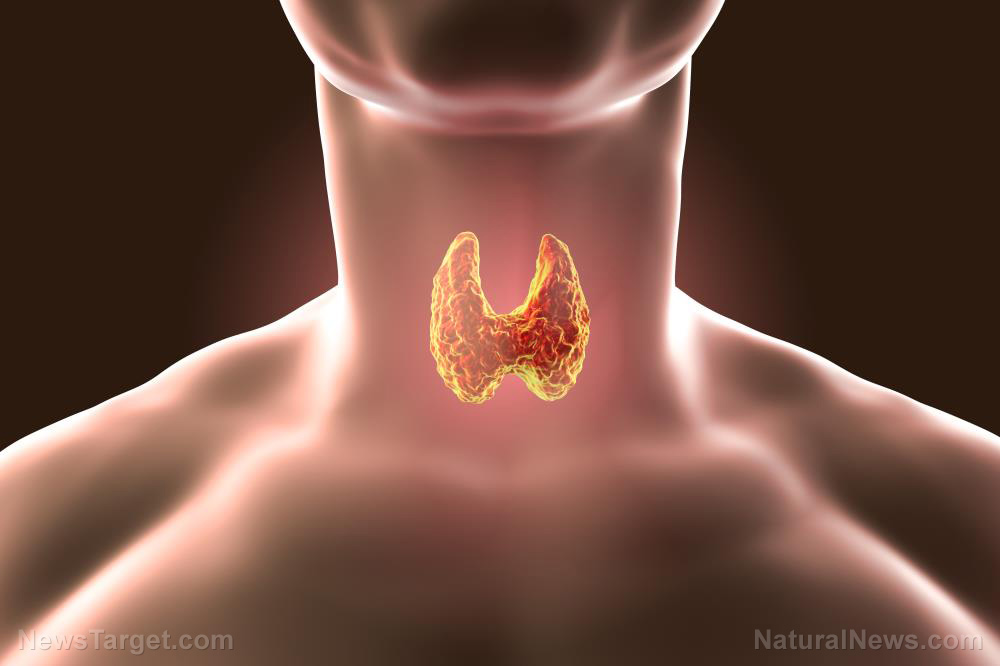
A new study finds that Paleo diet may increase the chances of a person of having iodine deficiency, as reported by Nutraingredients.com.
Researchers from Kungalv's Hospital in Sweden find that having a Paleolithic-type of diet, which typically includes foods that could be obtained by hunting and gathering in the past, has led to the development of mild iodine deficiency for postmenopausal women in Sweden. Women who followed a diet recommended by the Nordic Nutrition Recommendations (NNR) did not experience the same problem.“Diets used for reducing obesity may have adverse effects that are not immediately recognized,” the researchers write.
Seventy postmenopausal overweight or obese Swedish women have taken part in the two-year study. The researchers have divided the participants into two groups — the Paleo group and the NNR group. The study subjects have been randomly assigned to eat either the Paleo diet or a diet recommended by the NNR.
At the initial part of the study, the two groups had the same iodine level, which was measured by 24-hour urinary iodine concentration (24-UIC) and 24-hour urinary iodine excretion (24-UIE). The researchers have noticed decreases in both 24-UIC and 24-UIE among the participants who ate a Paleo diet. On the other hand, there were no changes in the iodine levels of those who had a NNR-recommended diet.
Between the six-month and two-year period, the iodine levels of the Paleo diet group increased. Yet, the iodine levels were not as high as they were during the initial period nor did they reach the same levels observed in the NNR group. The increase in iodine levels was only because the Paleo group did not strictly abide by the Paleo diet as the study moved forward. “The iodine issue is an ongoing concern, as is exemplified by the reoccurence of iodine deficiency in the [United Kingdom], and awareness of new risk groups is necessary...Therefore, we suggest iodine supplementation should be considered when on a Paleo diet,” the study team says.
“In this study, it is for the first time demonstrated that long-term use of a Paleo diet is associated with the development of mild iodine deficiency, whereas a normal iodine status is maintained while on the NNR diet. This occurred during ad libitum intake of both diets and concurrent weight reduction,” the researchers conclude.
The study was published in the journal European Journal of Clinical Nutrition.
The link between Paleo diet and iodine deficiency
A lot of people in the United States are now patronizing the popularly-growing old diet called Paleo or “caveman” diet. It is a dietary plan based on the food that people ate during the Paleolithic era, which goes way back from about 10,000 to 2.5 million years ago. This includes fruits, vegetables, meats, seafood, and nuts. (Related: Going Paleo? Here's how to avoid over-consuming animal protein on your low-carb diet.)
A Paleolithic-type of diet may lead to iodine deficiency because this type of diet restricts a person from eating salt, milk and dairy products, and grain products, which are great sources of iodine. The proper level of iodine is determined by a urine level of 10 milligrams per deciliter (mg/DL) or higher.
Most people who go Paleo switch from iodized salt to sea salt, which contains very small amounts of iodine. In turn, it takes away a huge part of a person's daily iodine intake.
Read more news like this at Naturopathy.news.
Sources include:
Please contact us for more information.






















